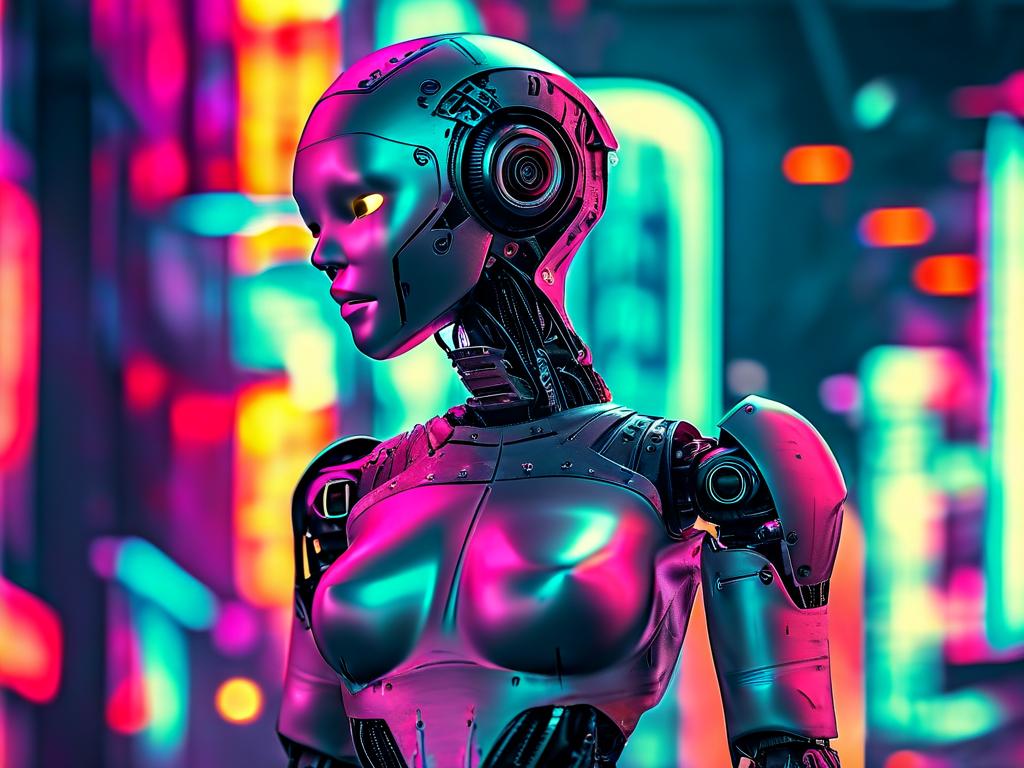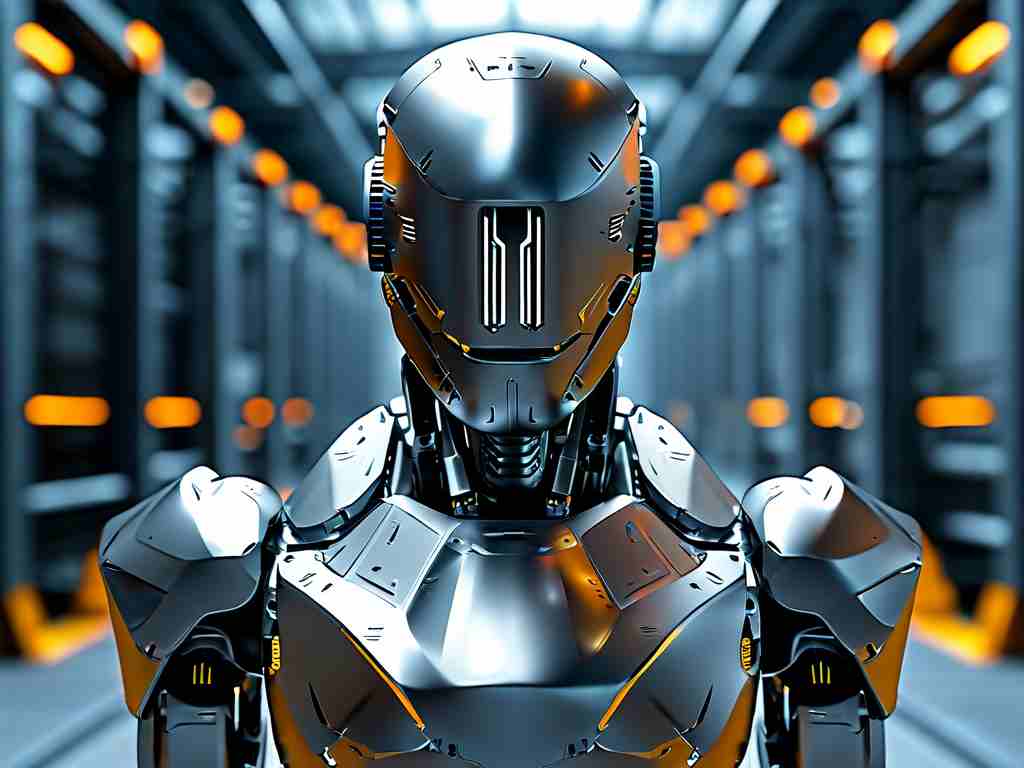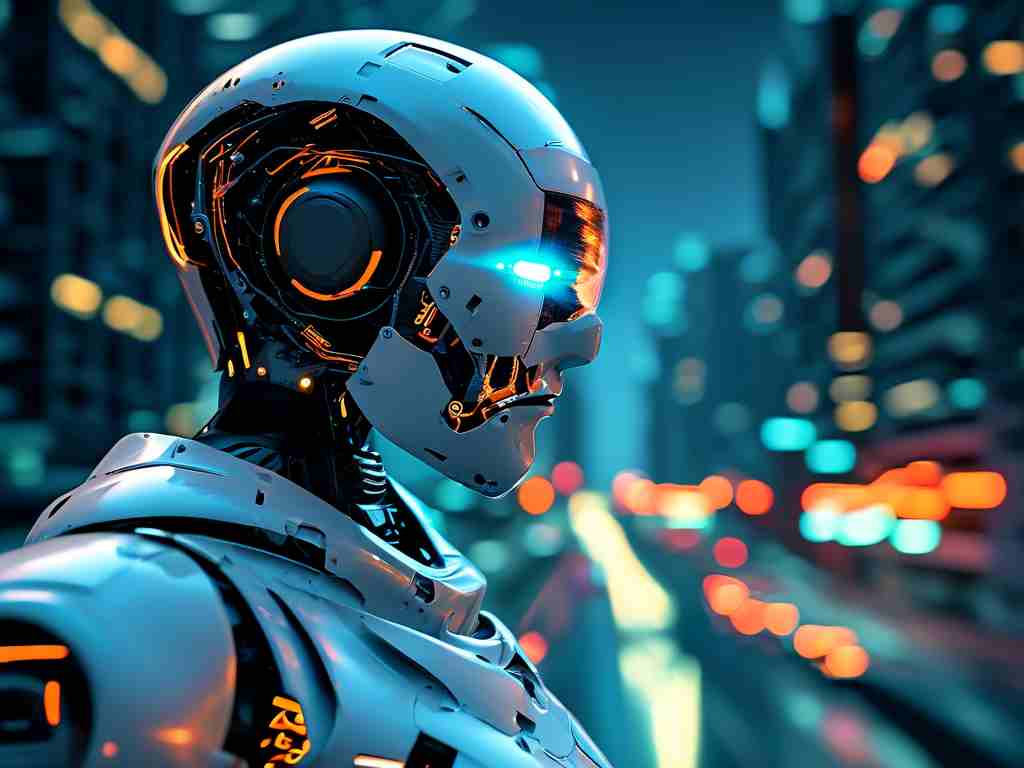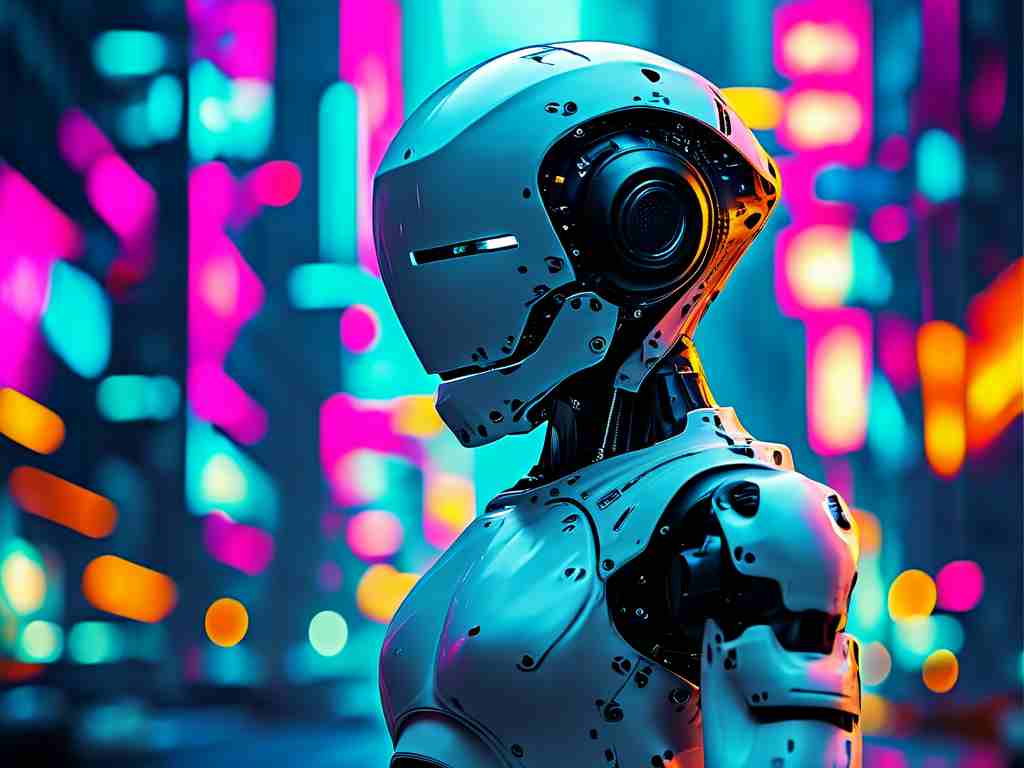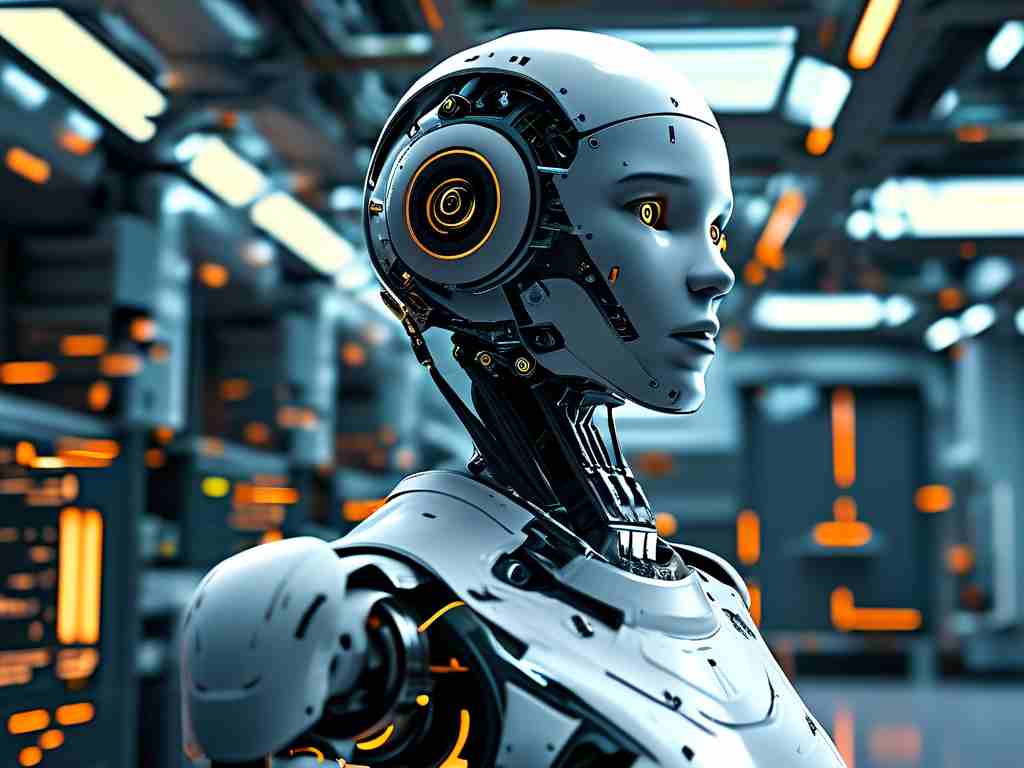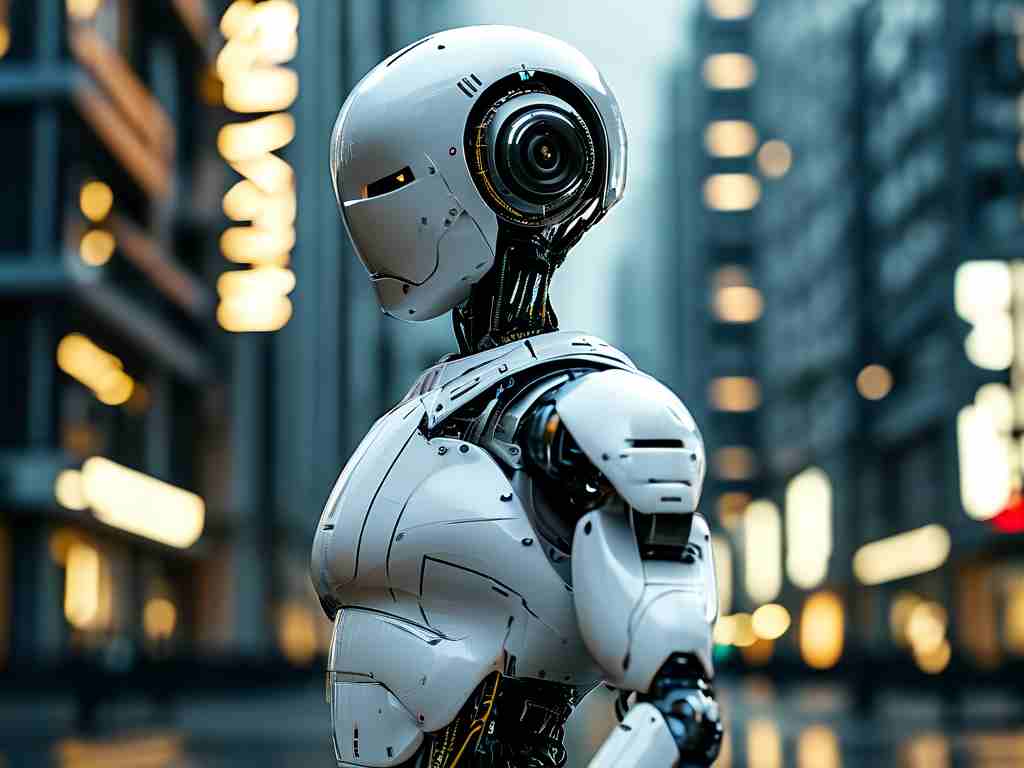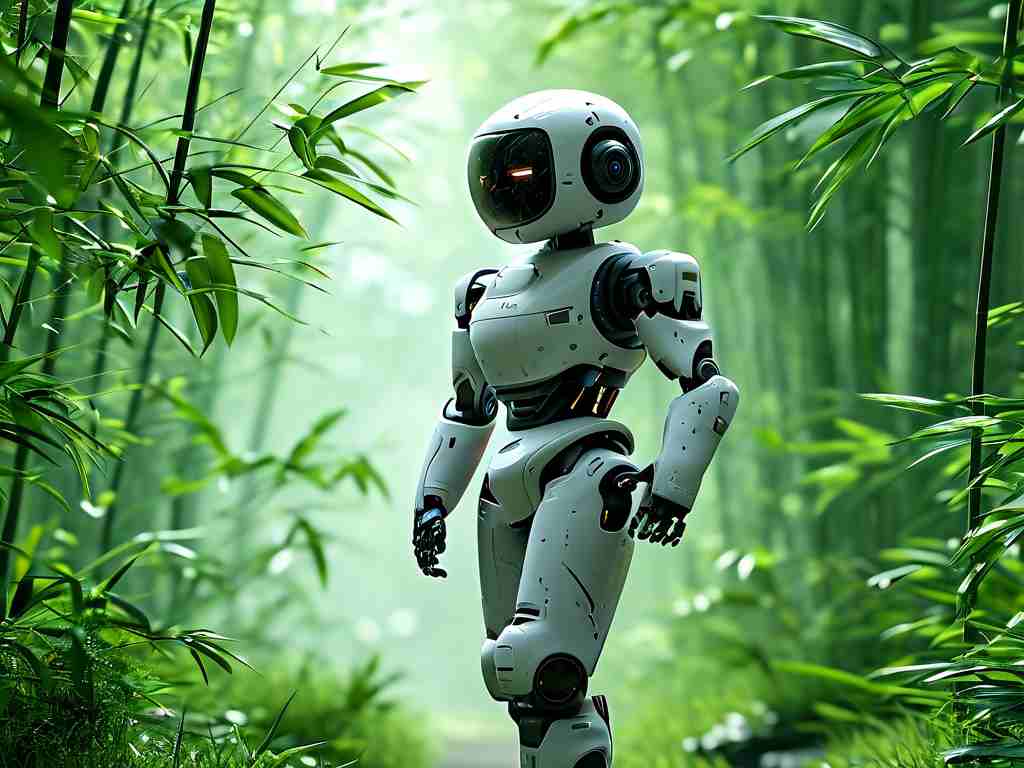The integration of artificial intelligence and robotics has ushered in a new era of industrial transformation, with specialized agencies emerging as pivotal players in this technological revolution. These AI robotics technology agencies act as intermediaries, bridging the gap between cutting-edge innovation and real-world applications. By curating tailored solutions for businesses, they enable organizations to harness automation, data analytics, and machine learning without requiring in-house expertise.
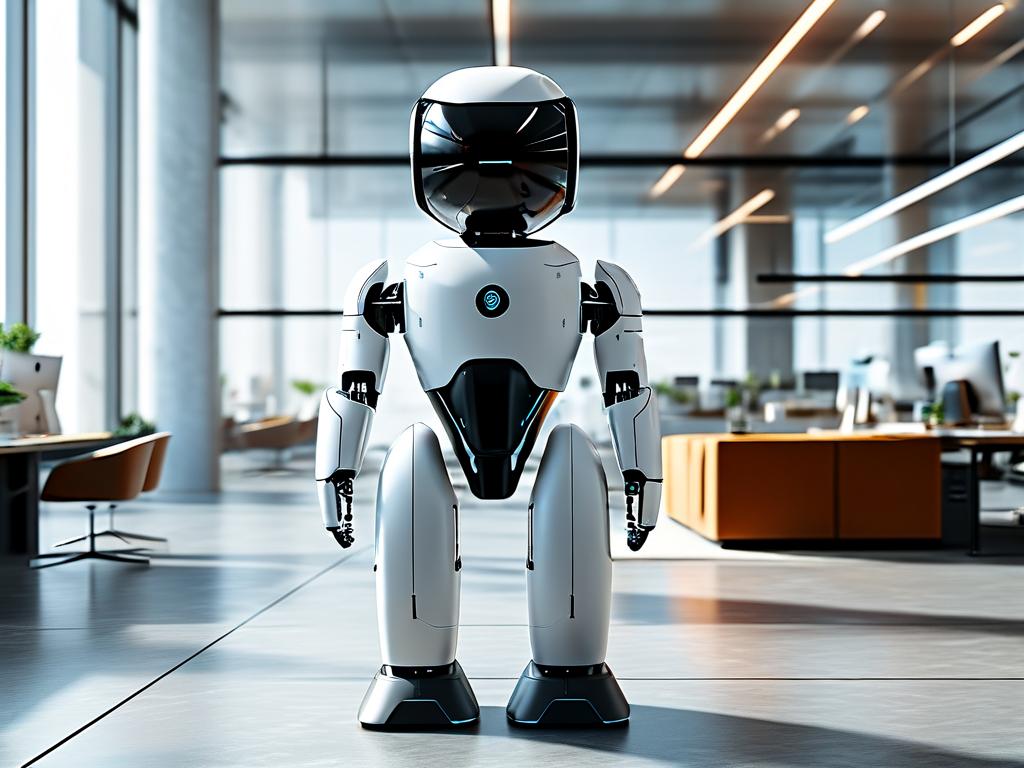
One notable application lies in manufacturing, where AI-driven robotic systems optimize production lines through predictive maintenance and quality control. For instance, a food packaging company recently partnered with a robotics agency to deploy vision-enabled robots that reduced product waste by 37% through real-time defect detection. Similarly, in healthcare, surgical robotics platforms developed by these agencies enhance precision while minimizing human error, as demonstrated by a 2023 clinical trial showing a 29% improvement in minimally invasive procedure outcomes.
The operational advantages extend beyond technical capabilities. Agencies employ cross-industry knowledge transfer, adapting logistics automation strategies from e-commerce giants to revolutionize inventory management for mid-sized retailers. This approach helped a regional supermarket chain achieve 99.2% stock accuracy through autonomous shelf-scanning drones. Moreover, their subscription-based model allows enterprises to scale robotic deployments flexibly, avoiding massive upfront investments—a critical factor for startups adopting cobots in electronics assembly.
However, challenges persist in ethical implementation. Leading agencies now implement transparency protocols, such as blockchain-audited decision trails for autonomous delivery robots, addressing public concerns about algorithmic accountability. Environmental impact is another focus area, with agencies prioritizing energy-efficient designs like solar-powered agricultural robots that reduced farm emissions by 18% in pilot projects across California’s Central Valley.
Looking ahead, the convergence of edge computing and swarm robotics presents groundbreaking opportunities. A European automotive manufacturer recently tested an agency-developed swarm system where 142 micro-robots collaboratively assembled EV battery modules, cutting production time by 53%. As 5G networks expand, such distributed intelligence systems will likely become standard in disaster response and infrastructure inspection scenarios.
The market trajectory underscores this momentum. According to Frost & Sullivan’s 2023 analysis, the AI robotics agency sector is projected to grow at 24.8% CAGR through 2030, fueled by demand in pharmaceutical research and renewable energy sectors. Yet success hinges on continuous upskilling—progressive agencies now offer hybrid human-AI training platforms that reduced workforce adaptation periods from 9 months to 6 weeks in aerospace supply chain case studies.
Ultimately, AI robotics technology agencies are redefining competitive landscapes across sectors. By demystifying complex technologies and delivering contextual solutions, they empower businesses to navigate digital transformation while maintaining operational agility. As these partnerships deepen, the next frontier will involve emotional intelligence integration, with early prototypes of customer service robots demonstrating nuanced conflict resolution capabilities—a development poised to reshape human-machine collaboration fundamentally.


